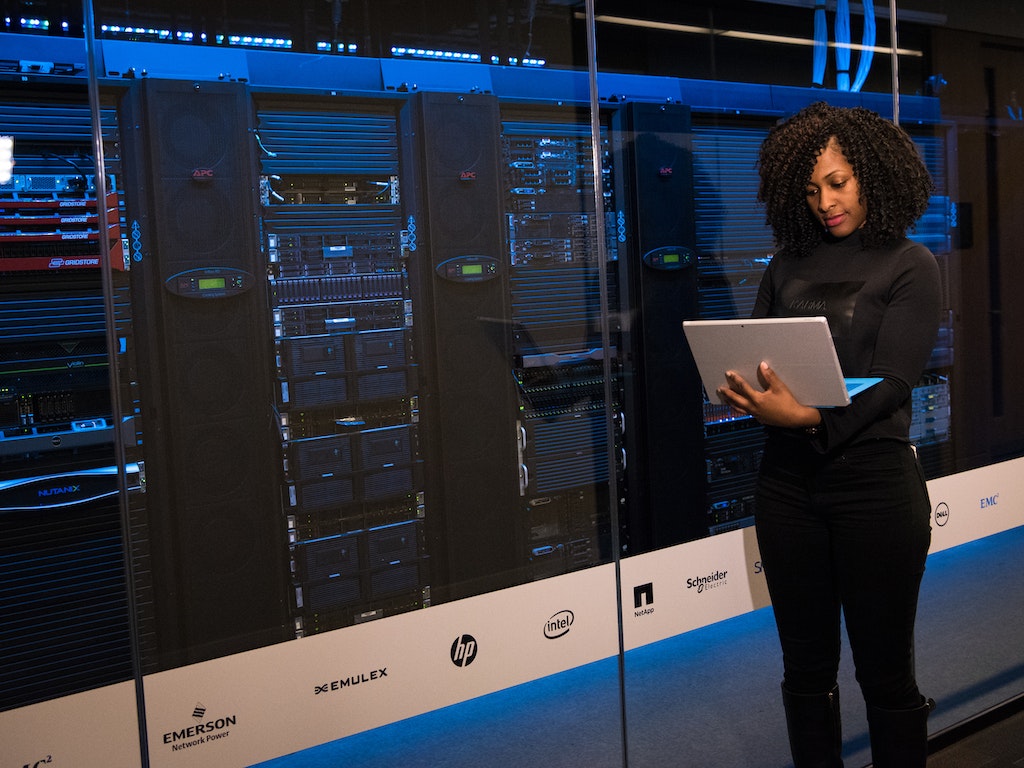
5G technology is revolutionizing the world of connectivity, promising faster speeds, lower latency, and unprecedented opportunities for innovation. As this cutting-edge technology continues to roll out globally, it’s essential to understand what 5G is, how it works, and its potential benefits.
Here we’ll delve into the world of 5G, exploring its key features, applications, and impact on various industries. Whether you’re a tech enthusiast or a business owner preparing for the 5G era, this guide will provide you with the knowledge you need to navigate the future of connectivity.
What is 5G?
5G or fifth-generation wireless technology, is the next evolution in cellular networks. It aims to deliver faster data speeds, ultra-low latency, and massive device connectivity compared to previous generations. Using advanced technologies like millimeter waves, massive MIMO (Multiple-Input Multiple-Output), and network slicing, 5G enables faster downloads, smoother streaming, and near-instantaneous response times. It has the potential to transform various industries by powering innovative applications that rely on fast and reliable connectivity.
Key Features and Benefits Of 5G
One of the primary advantages of 5G is its exceptional speed, providing download speeds several times faster than 4G networks. This enables quicker downloads, seamless streaming of high-definition content, and improved real-time communication. Additionally, 5G offers significantly lower latency, reducing the time data travels between devices and networks. This low latency is essential for applications that require near-instantaneous responsiveness, such as autonomous vehicles and remote surgery. Furthermore, 5G’s ability to connect many devices simultaneously opens doors for the Internet of Things (IoT) and smart city initiatives.
Applications and Use Cases of 5G
The impact of 5G extends beyond faster smartphones. Its high-speed and low-latency capabilities enable transformative applications across various industries. 5G facilitates remote patient monitoring, telemedicine, and real-time data analysis in healthcare for faster diagnoses. In transportation, it powers connected and autonomous vehicles, enabling safer and more efficient mobility solutions. 5G is also crucial in developing smart cities, supporting intelligent infrastructure, energy management systems, and enhanced public services. Other areas benefiting from 5G include augmented and virtual reality, gaming, industrial automation, and precision agriculture.








